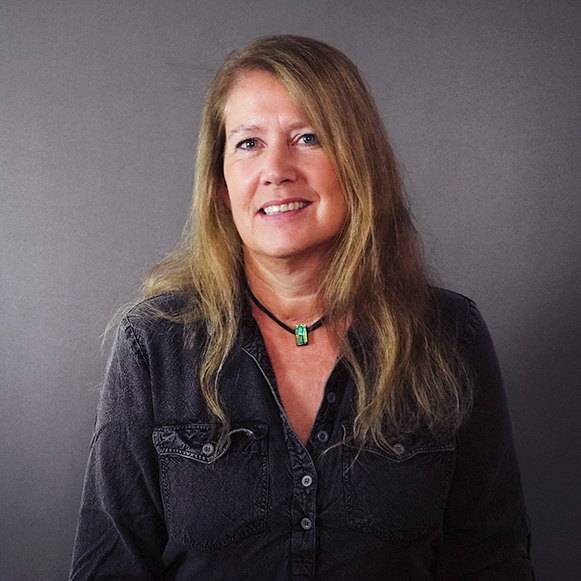Breast cancer detection with machine learning (MIM)
- Department Image analysis and Earth observation
- Fields involved Image analysis, Machine learning
- Industries involved Health
We are collaborating with the Cancer Registry of Norway to improve the quality and efficiency of the national screening programme, BreastScreen Norway.
Breast cancer is the most prevalent type of cancer for women globally. While some risk factors pertaining to certain groups are known, the disease is hard to prevent at an individual level. Early detection with breast screening is considered an effective tool for to reduce mortalities. In Norway, all women between 50 and 69 years old are therefore invited to biennial breast x-rays through the national screening programme, BreastScreen Norway.
In the Norwegian screening programme, mammographic image interpretation is manually performed by two independent radiologists that specialise in breast radiology. On average, cancer is detected in 0.6% of those who are screened. This means that radiologists spend a lot of time interpreting images that show no indication of breast cancer.
Thanks to recent advancements in machine learning, there is the potential to improve the process so radiologists can concentrate their efforts on those in need of further examination and those with clinical symptoms of breast cancer.
AI-based analysis of mammograms
Working closely with the Cancer Registry of Norway, NR is developing methods and models for AI-based analysis of mammograms suitable for the Norwegian screening programme. We have collected a substantial image dataset and are developing deep learning methods that can be trained along with corresponding radiological assessments. Our objective is to develop an automated method of detection that will identify negative screening examinations, i.e. cases that show no sign of cancer.
We are also examining how machine learning should be combined with the radiological assessment in order to achieve the best results.
Other projects examining AI-based methods:
Within the IKTpluss project AIforScreening, we further examine how these types of methods can be made more robust over time as equipment and screening criteria change, and we are also studying how time series’ can contribute to stronger analyses.
In addition, we plan to research other issues connected to AI-based methods of screening in Visual Intelligence (2020-2028). Visual Intelligence is a Centre for Research-based Innovation focused on AI and deep learning of complex image data.
To learn more about this project, please contact:
Project: Machine learning in BreastScreen Norway (MIM)
Partner: The Cancer Registry of Norway
Funding: The Research Council of Norway
Period: 2018 – 2022
